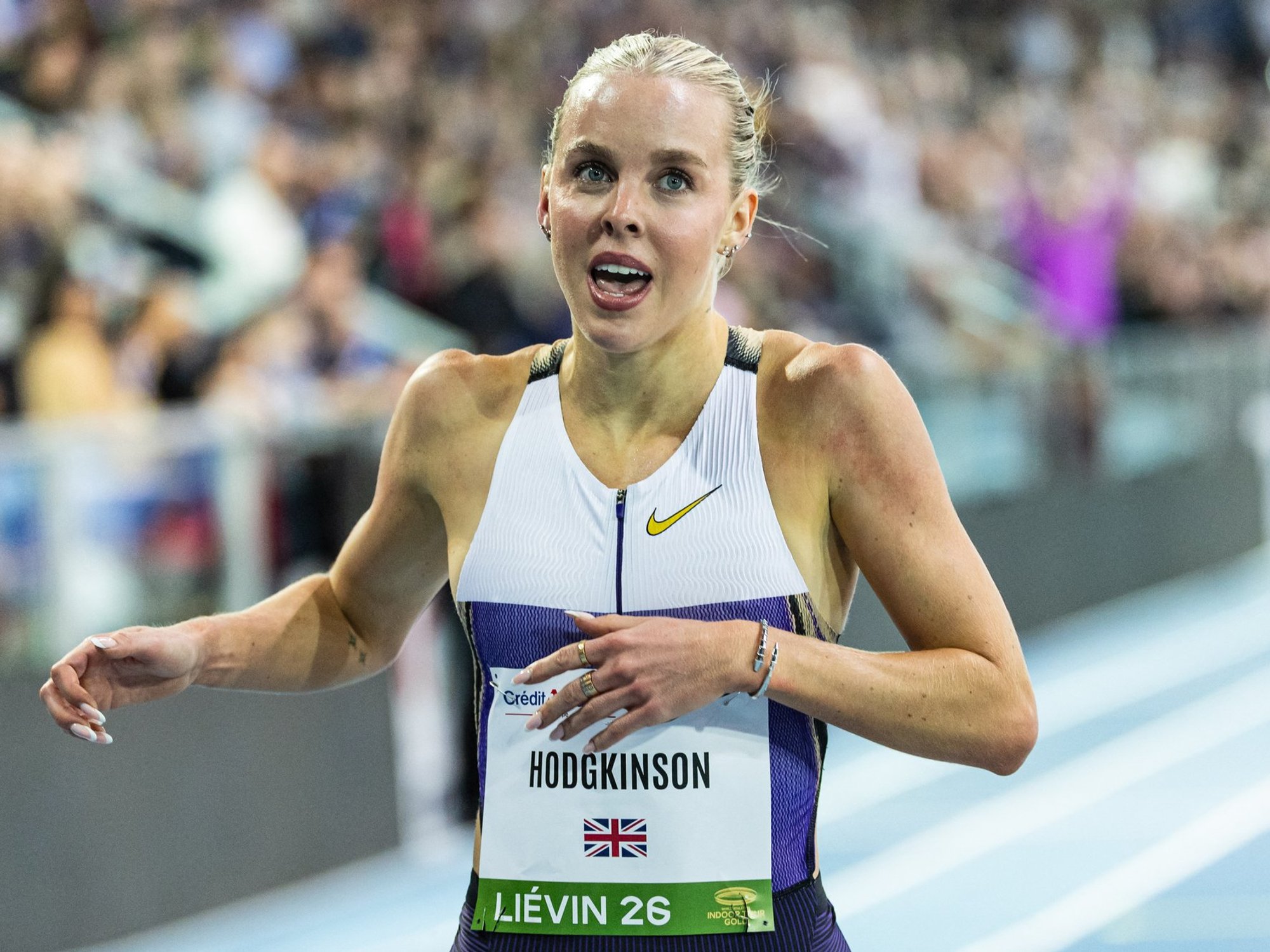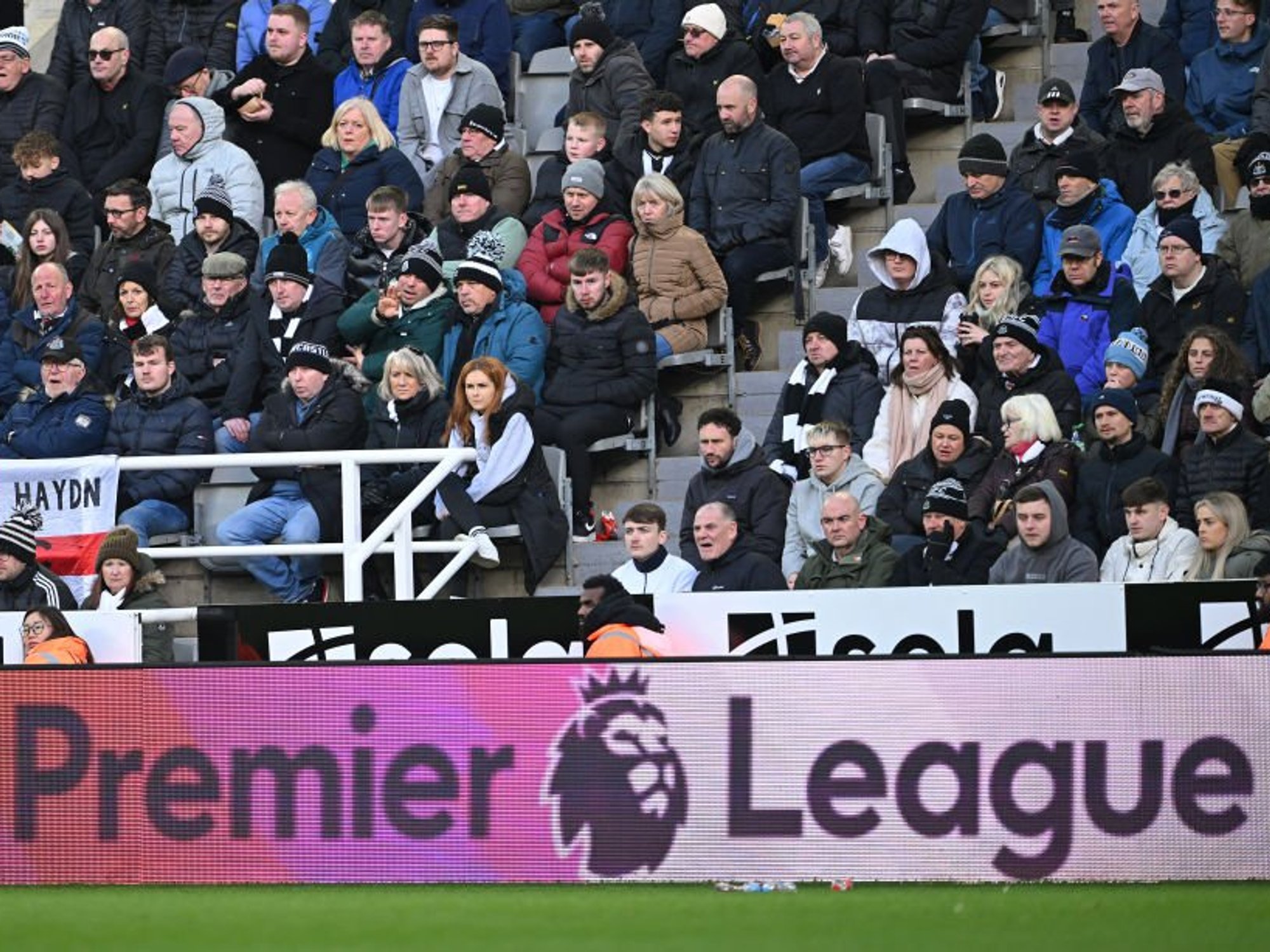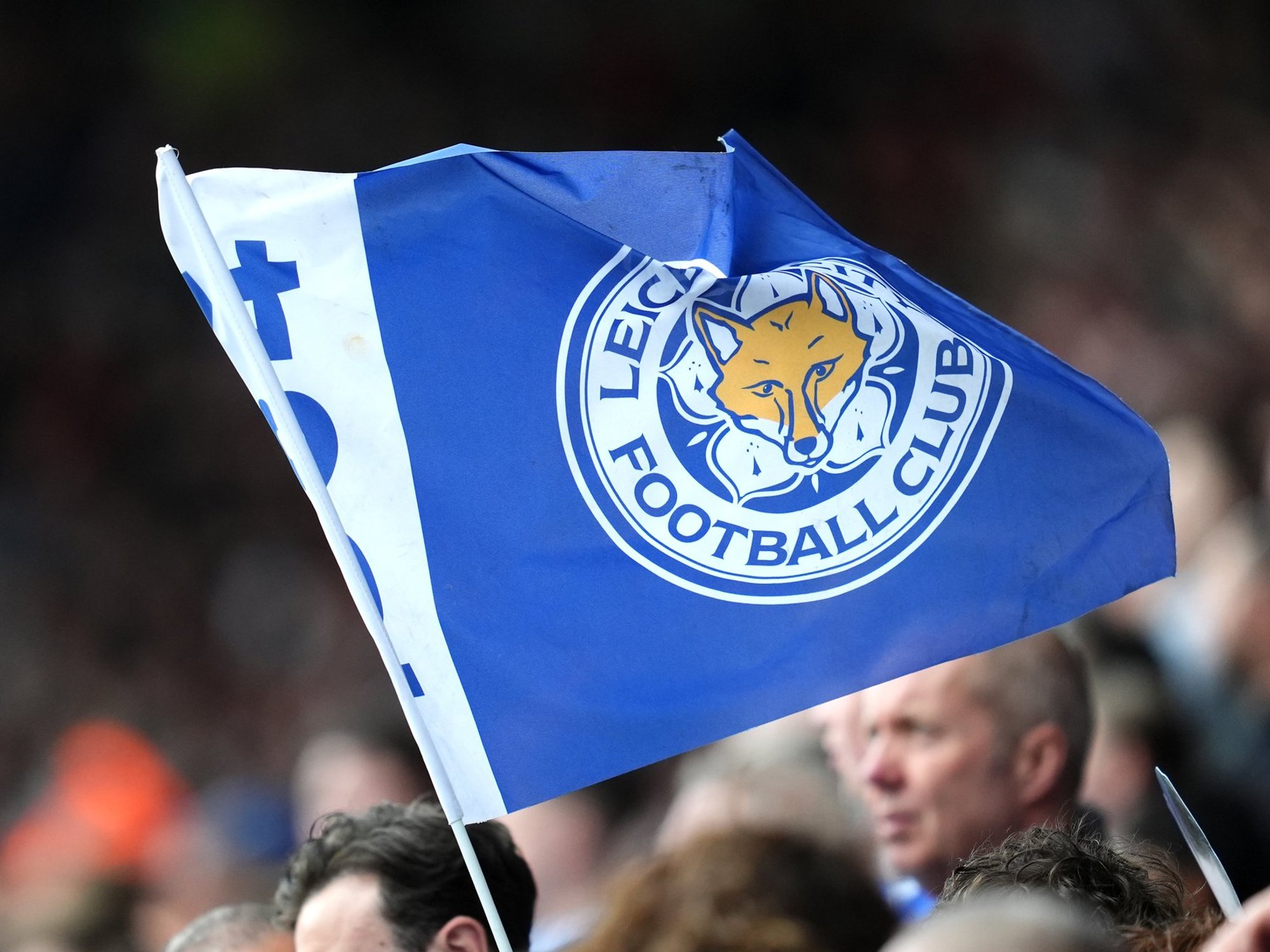Sky TV just solved the biggest problem with Sky Sports, but it's not coming to your TV until next month
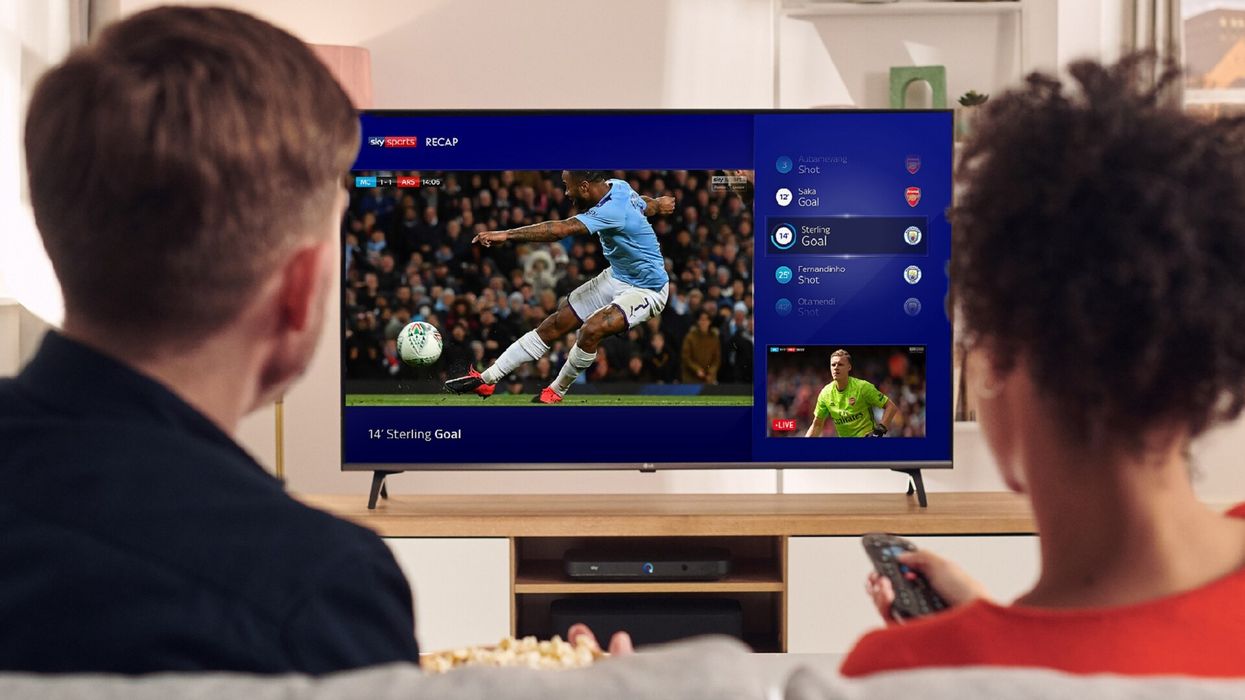
All products are independently selected by our experts. To help us provide free impartial advice, we will earn an affiliate commission if you buy something. Click here to learn more
|SKY TV PRESS OFFICE

Update to EntertainmentOS 1.3 should bring Sky Glass and Sky Stream in-line with Sky Q and Sky+ HD
- Sky has slashed the latency of its online broadcasts on Sky Sports
- It has reduced the delay by 22 seconds
- That brings streams close to the few seconds seen on satellite broadcasts
- You'll no longer need to silence notifications from apps to avoid spoilers
- Innovation launches on Sky Sports Main Event, with more channels to follow
- It doesn't improve 30-second delay seen on BBC, ITV, DAZN, and TNT Sports
Don't Miss
Most Read
Latest
Watching live television over broadband is fast becoming the preferred way to tune in for millions of Britons. It means you can position your television anywhere at home — not just where the aerial or satellite cable comes through the wall. You won't need to worry about bad weather disrupting the signal either. And those living in apartment blocks or rented accommodation who can't install a satellite dish will still be able to watch.
This shift towards streaming has resulted in the BBC investing heavily in its iPlayer service, Channel 4 now only commissioning new shows with streaming potential, Freeview is gearing up to launch its internet-powered successor Freely, EE debuting an all-new set-top box, and Sky slashing the number of satellite dish engineers at the company due to dwindling Sky Q installations, as its broadband-powered Sky Glass 55" became the best-selling Smart TV in the UK last year.
However, there are disadvantages to this broadband-fuelled approach — especially when it comes to sport.
While there's always been a delay between the action in the stadium and the broadcast on screens nationwide, this was usually just a few seconds.
That delay ballooned with the advent of streaming, with the latency across the industry for all live sports coverage now sitting at roughly 30 seconds. That's the same across Sky Sports, TNT Sports, DAZN, BBC iPlayer, ITVX, Prime Video, and many more.
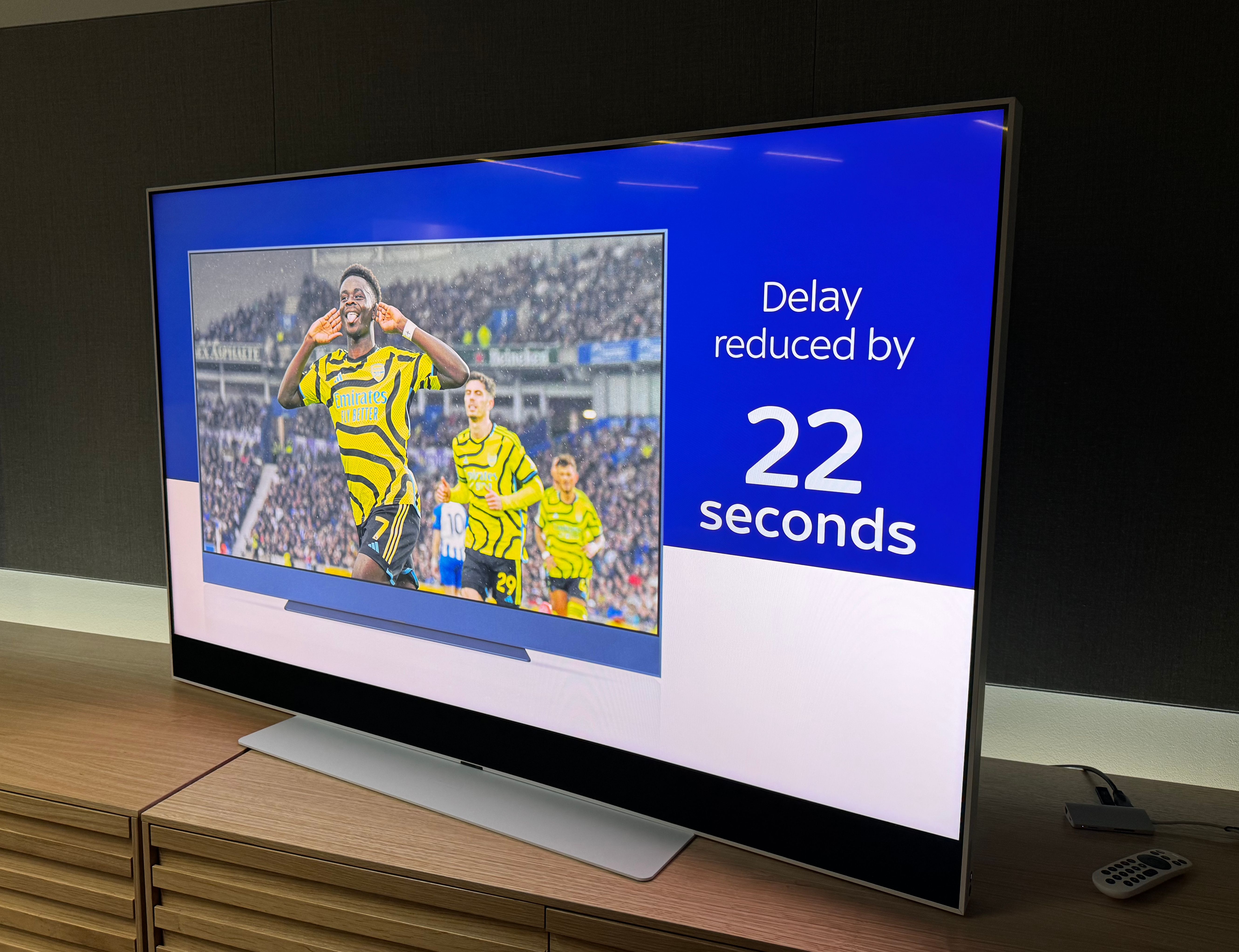
Sky Sports Main Event will see the pioneering new technology before any other channel, dropping the delay from roughly 30-seconds down to 8-seconds between the action taking place in the stadium and showing on your screen at home
|GB NEWS
That might not sound like much, but it means you'll likely hear neighbours watching via satellite or listening on the radio cheering for a goal over 20 seconds before you see the action on-screen. Apps on your smartphone will also ping with an update to the score long before you've seen a hint of what's coming on your stream.
Customers with Sky Stream and Sky Glass, which both offer live television via broadband, have taken to the Sky Help forums to bemoan the delays. There are numerous threads with disgruntled viewers complaining about the amount of lag, one example reads: "I was watching champions league football on bt sports and when I checked my app on my phone to see what minute the match was in my sky stream box was 1 Minute and 30 seconds behind"
But that's about to change with the arrival of the EntertainmentOS 1.3 update coming to all Sky Glass and Sky Stream owners in May. Sky TV is one of the only players in the industry with oversight of the entire pipeline — from its own cameras in stadiums filming the match for its Sky Sports channels, which will be viewed on Sky-branded boxes nationwide. It has used this opportunity to rework the entire process to find efficiencies.
With EntertainmentOS 1.3 installed, the latency has been slashed by 22 seconds.
Watching on Sky Stream and Sky Glass, sports fans will see "give or take" the same delay as satellite broadcasts on Sky Q or Sky+ HD, the company told GB News. The upgrade will only be available to Sky Sports Main Event viewers in the coming weeks.
The dramatic drop in latency will work across live broadcasts in Ultra HD and HD, GB News was told.
Sky plans to bring its lower latency broadcasts to other Sky Sports channels later this year. Unfortunately, since this is a proprietary technology developed by Sky TV to work with its systems, there won't be any improvement to the delay when watching live sports coverage on the BBC, ITV, DAZN, or TNT Sports.

Sky Glass is an all-in-one Smart TV that combines a QLED panel, Dolby Atmos-certified soundbar, and everything you need to watch live Sky TV channels and on-demand content via an internet connection
|SKY TV PRESS OFFICE
We can only hope that Sky shares some of its learnings to improve the latency with these broadcasters. But for the time being, any events shown on these rival channels will be subject to the same delays compared with radio and satellite broadcasts.
Nevertheless, it's incredible progress.
The latency from streaming is a function of how this broadcast method works. Cameras capture the footage as it happens, but these files are converted into a format that can be sent hundreds of miles across the internet — a process that takes a few seconds.
The video footage is replicated in several different picture qualities so that it can be shown on different internet connection speeds without pausing to buffer.
These copies are deployed across servers all over the UK. In your home, Sky Stream or Sky Glass will send a request for the series of files, each just a few seconds long, to load up and play on-screen. Each of these steps introduces a short delay, which is compounded across the pipeline.
In most cases, your device will wait until it has a few chunks of completed video before it starts showing anything on-screen — this is to ensure the finished product appears like a consistent stream, rather than footage stopping and starting every few seconds with a buffer animation as it waits for the next file.
MORE LIKE THIS
- 6 major updates coming to Sky Glass and Sky Stream
- WhatsApp on iPhone gets free update released on Android months ago
- You DO need a TV licence to watch Netflix, BBC says
Industry research has shown that viewers prefer to suffer with latency to guarantee a more consistent experience, instead of the feed cutting out momentarily due to a failure or delay somewhere in the chain.
With the efficiencies pioneered in EntertainmentOS 1.3, viewers will no longer have to choose between the two.
To check the version of EntertainmentOS you're currently running on Sky Glass or Sky Stream, press the Home button on your Sky TV remote control, scroll down to the bottom of the menu and select Settings > System Management > System Info to find the EntertainmentOS version and build version.
When EntertainmentOS 1.3 begins to roll out across the UK in May 2024, your Sky Glass TV or Sky Stream should update automatically to the latest software version overnight.







